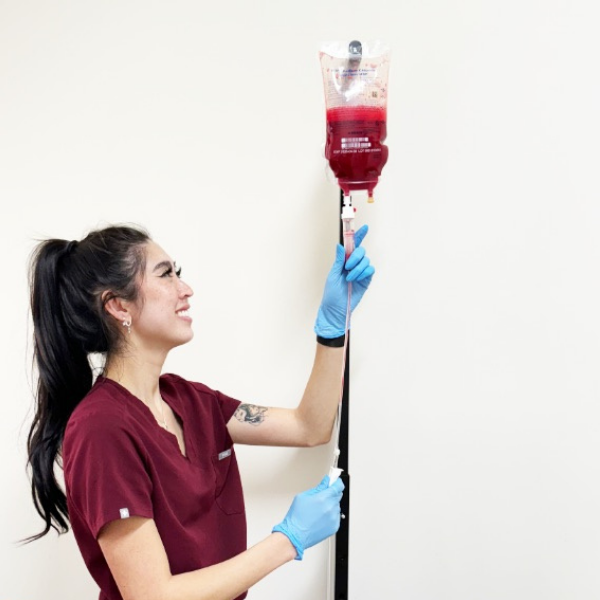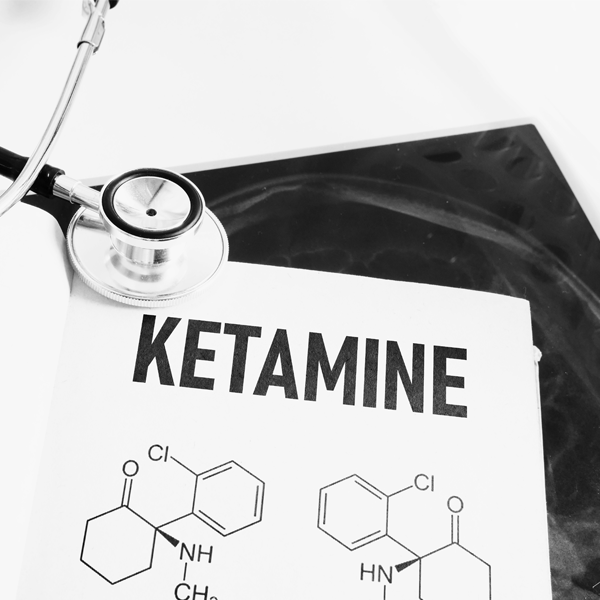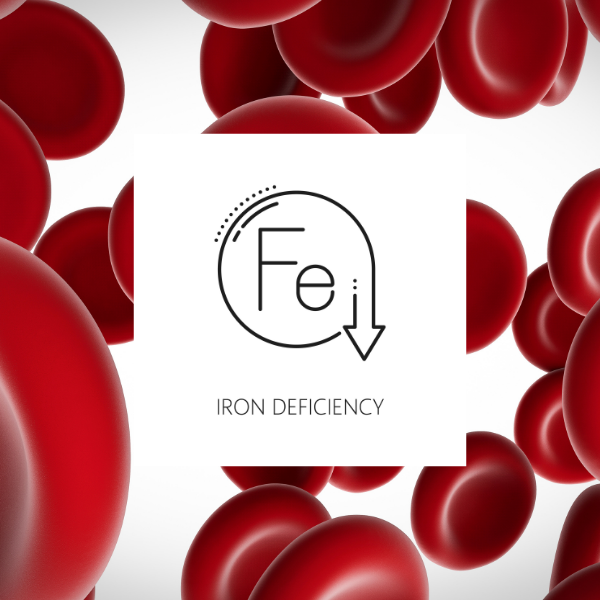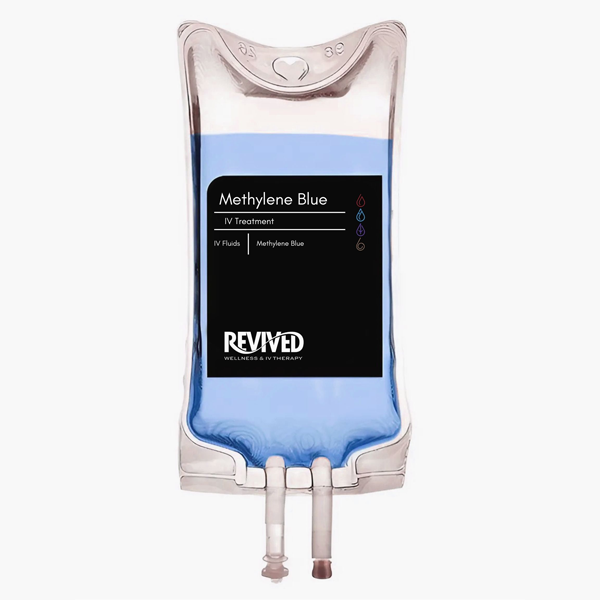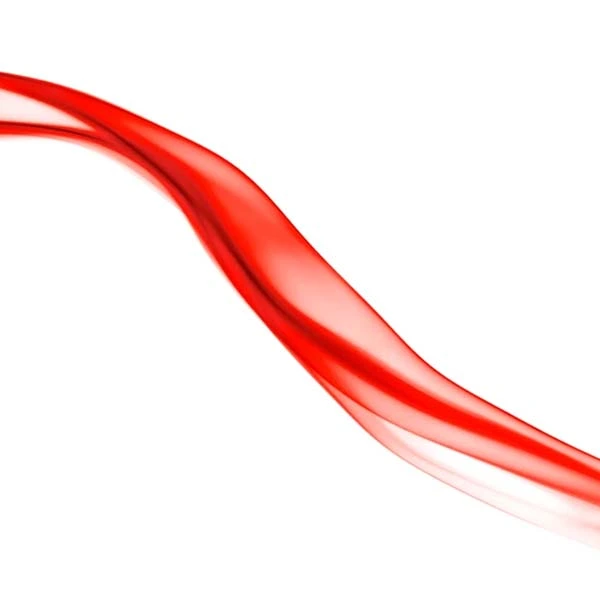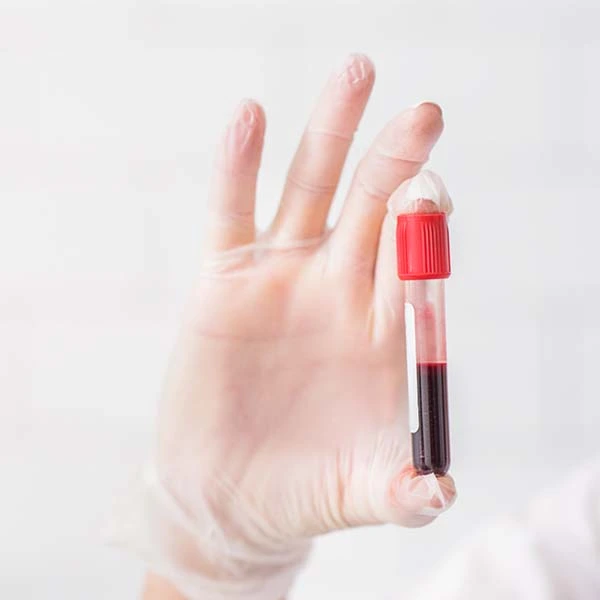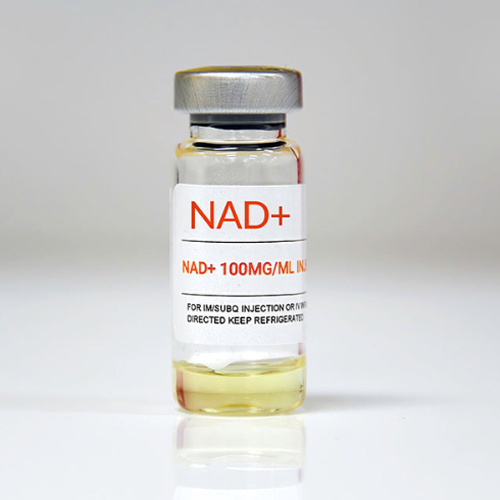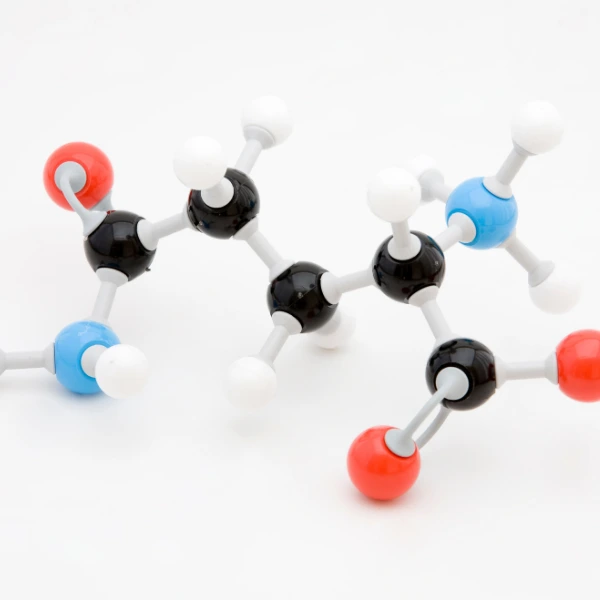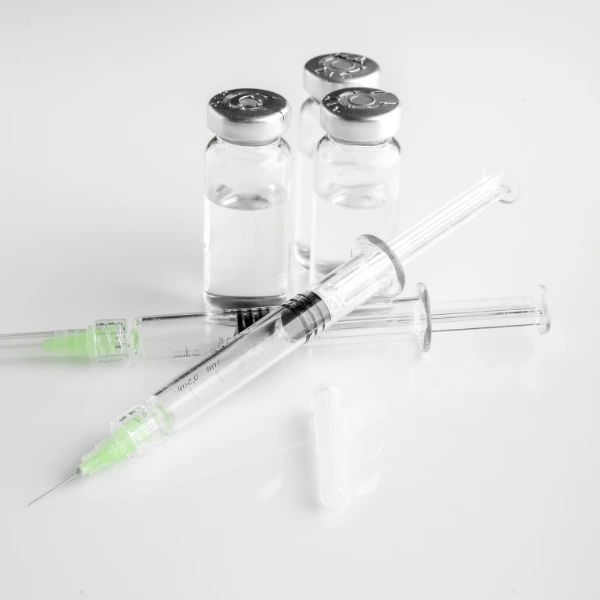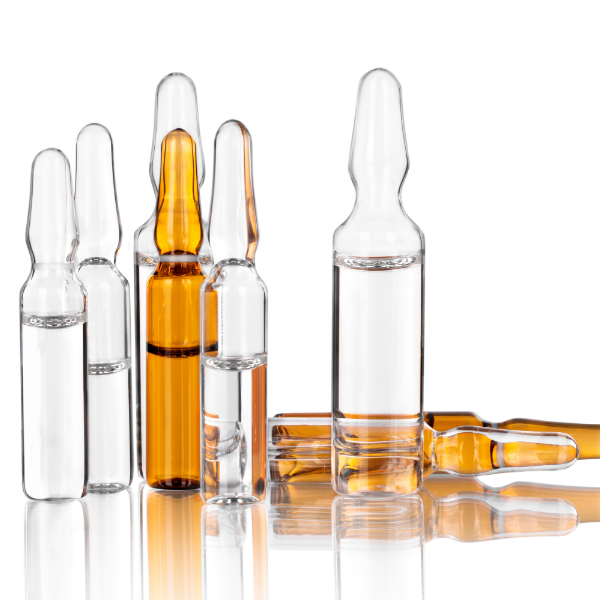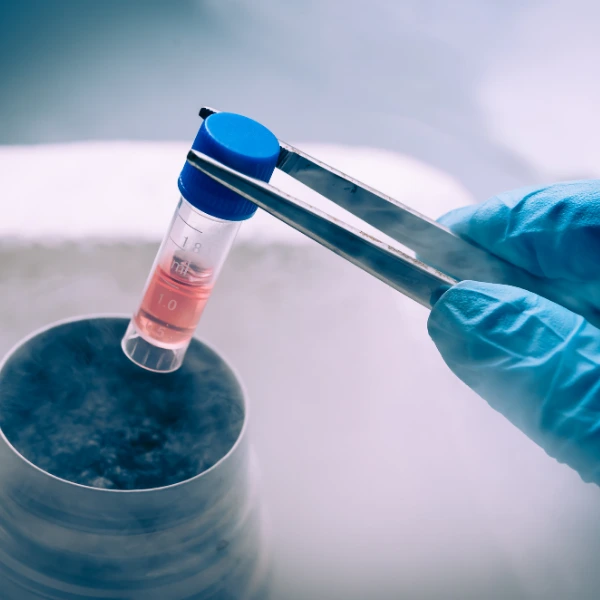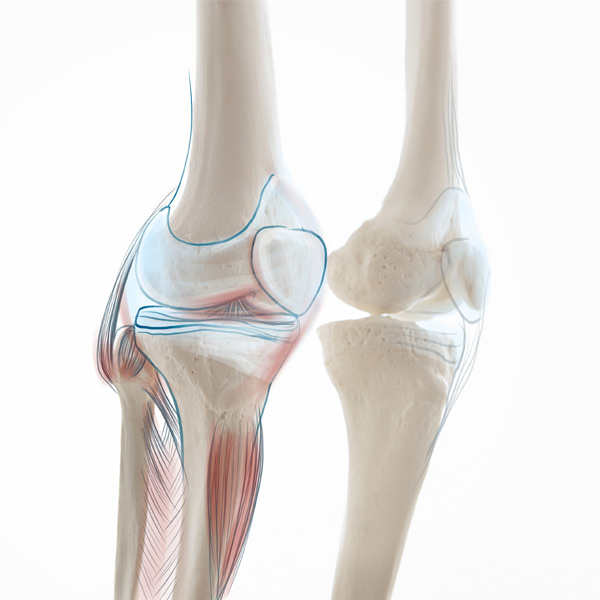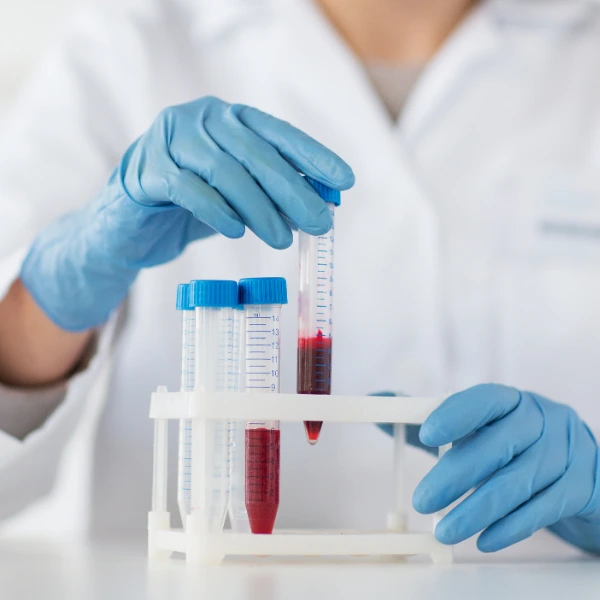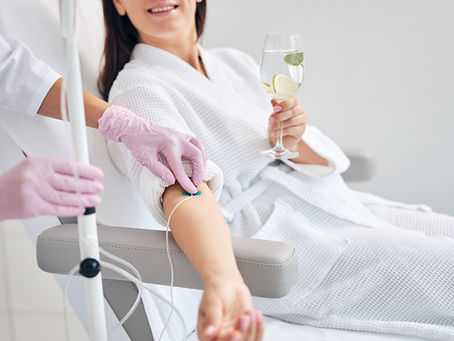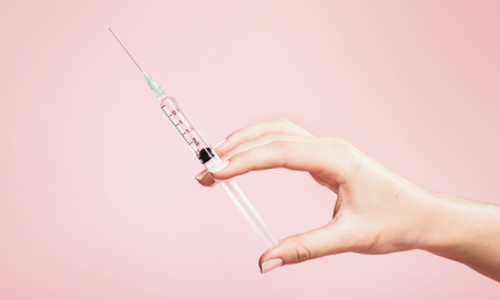In the realm of modern wellness and health, the term “IV hydration therapy” has become a buzzword, especially among Americans looking to boost their overall health and energy levels. But what exactly does it involve, and how does it stack up against the age-old advice of simply drinking water? Let’s dive in.
Understanding IV Hydration Therapy
Intravenous, or IV, therapy involves administering essential nutrients, electrolytes, and fluids directly into a person’s bloodstream through an IV line connected to an IV bag. Unlike drinking fluids, which first pass through the digestive tract, IV hydration allows for a direct infusion into the bloodstream. This can be especially beneficial for those with medical conditions affecting the digestive system.
Why the Need for IV Hydration?
Our body needs a steady supply of water and essential nutrients to function properly. While most of us are familiar with the concept of drinking water for hydration, there are situations and conditions where traditional drinking might not be as effective. Enter, IV hydration therapy.
Electrolyte Balance: Electrolytes like sodium chloride, potassium, calcium, and magnesium play crucial roles in maintaining our body’s functions, from cognitive function to regulating blood pressure. IV fluids can help restore the balance of these electrolytes, especially in cases of severe dehydration.
Recovery Time and Health Boosts: Whether it’s recovery from jet lag, migraines, or even a strenuous workout, IV treatment can aid in reducing recovery time. Additions like vitamin C can bolster the immune system, while antioxidants like glutathione combat free radicals in the body.
Supplements and Additives: Apart from electrolytes, an IV drip can also contain amino acids, dextrose, and other supplements. For instance, glutathione, an antioxidant, can assist in detoxifying the liver, and vitamin C can provide an immune system boost.
The Weight Loss and Energy Angle
While not a replacement for a balanced diet and exercise, IV hydration therapy has also been linked with weight loss benefits. Proper hydration can boost metabolism, and the direct infusion of essential nutrients can aid in improving energy levels. Some IV treatments are even tailored with supplements that may promote weight loss.
Administering the IV Drip
A registered nurse or another medical professional usually administers IV hydration therapy. The IV line is carefully inserted into a vein, and the chosen saline solution, often combined with electrolytes like potassium and magnesium, begins to flow from the IV bag.
The Side Effects and Considerations
Like any medical procedure, IV therapy isn’t free from potential side effects. Some individuals might experience bruising or soreness at the IV site. There are also potential risks of infection or an allergic reaction to the IV fluids. Before pursuing IV hydration, it’s essential to consult with a healthcare provider or a medical professional to ensure it’s a suitable option.
Conclusion
While many Americans are turning to IV hydration as a solution for various ailments ranging from the effects of dehydration to migraines and jet lag, it’s essential to approach this treatment with a well-informed perspective. While drinking water remains a primary means of staying hydrated, IV hydration therapy offers a direct method of replenishing the body’s needs, especially in specific situations or medical conditions. Always consult with a healthcare provider before seeking out this treatment, and ensure it’s administered by a qualified registered nurse or another medical expert.


